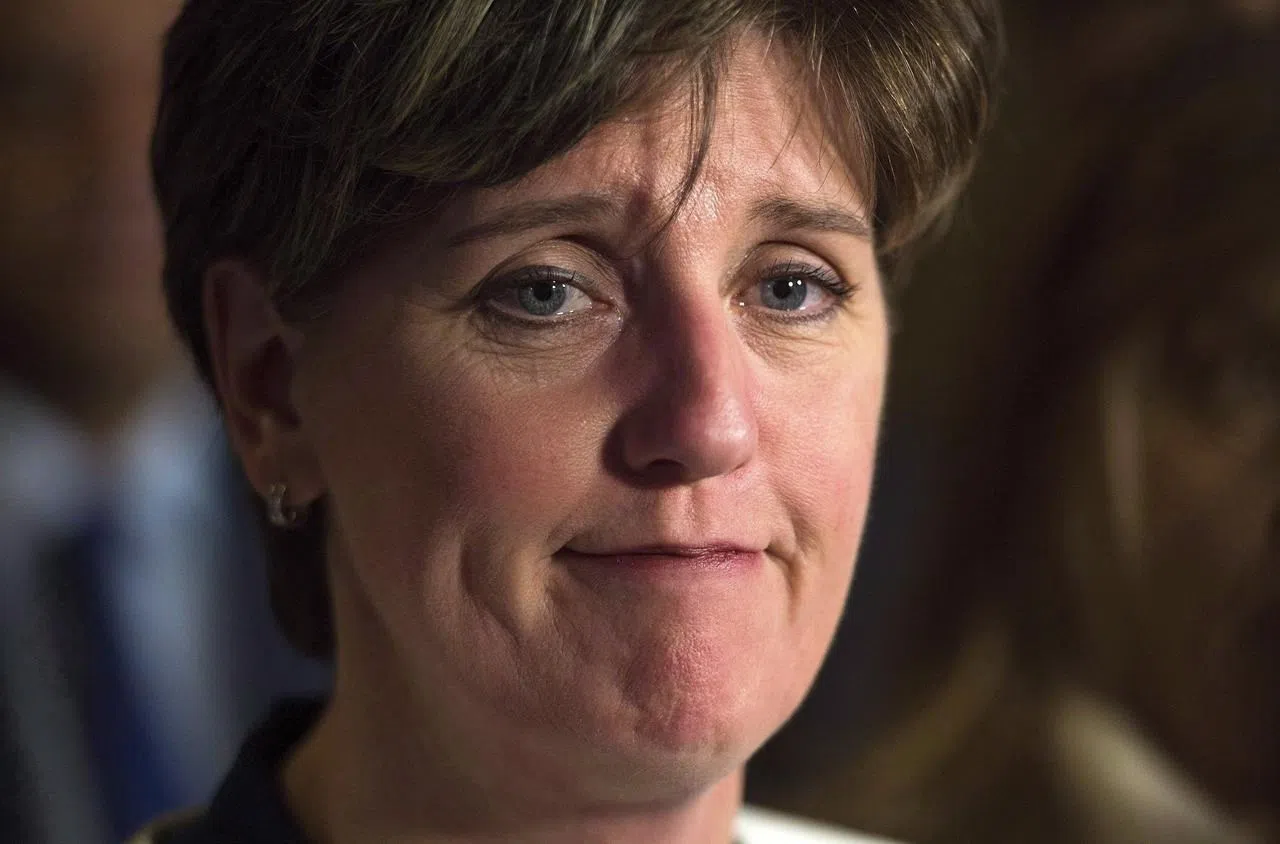
Aid minister aims for more private sector investment in foreign aid
OTTAWA — International Development Minister Marie-Claude Bibeau says she wants to use the new $2 billion in extra aid dollars in the new budget to attract insurance and pension funds to invest in fight against global poverty.
She’s targeting them for a simple reason: “They have a lot of money,” Bibeau said Wednesday in an interview.
The new budget spending will be spread out of over five years and go towards a new International Assistance Innovation program, designed to come up with flexible new financing arrangements, and a Sovereign Loans program.
Bibeau said her priority is going after wealthy private-sector investors, because governments can’t provide the level of spending needed to do development in a world where conflicts are lasting longer and displacing people for decades at a time.
